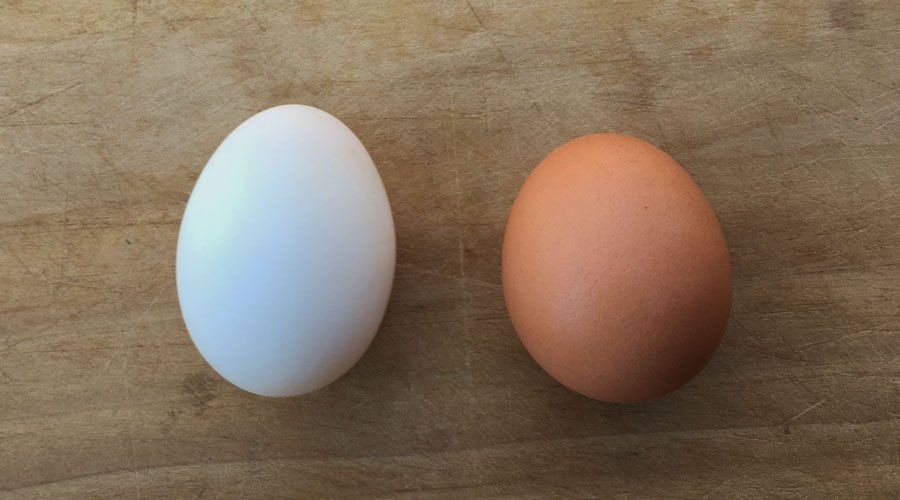Nutrition Content of Duck Eggs
Duck eggs are rich in protein, vitamins, minerals, and healthy fats. They contain higher levels of certain nutrients compared to chicken eggs, including vitamin D, vitamin B12, and omega-3 fatty acids. Additionally, duck eggs are a good source of selenium, choline, and lutein, which are essential for overall health.
Health Benefits of Duck Eggs
- High Protein Content: Duck eggs are an excellent source of protein, which is essential for muscle growth, repair, and overall health.
- Rich in Vitamins and Minerals: Duck eggs contain various vitamins and minerals that support immune function, bone health, and energy metabolism.
- Omega-3 Fatty Acids: Duck eggs are higher in omega-3 fatty acids compared to chicken eggs, which may help reduce inflammation, improve heart health, and support brain function.
Potential Side Effects of Duck Eggs
- Allergic Reactions: Some individuals may be allergic to duck eggs, experiencing symptoms such as itching, hives, or gastrointestinal discomfort.
- High Cholesterol Content: Duck eggs are higher in cholesterol compared to chicken eggs, which may be a concern for individuals with high cholesterol levels or heart disease.
- Risk of Contamination: Like all eggs, duck eggs can be contaminated with bacteria such as Salmonella if not handled and cooked properly.
Cooking and Eating Duck Eggs
Duck eggs can be cooked and prepared in the same way as chicken eggs. They can be boiled, fried, scrambled, or used in baking and cooking recipes. The taste and texture of duck eggs are similar to chicken eggs but may be slightly richer and creamier.
Are duck eggs safe to eat raw?
Consuming raw duck eggs carries the risk of bacterial contamination, including Salmonella. It is recommended to cook duck eggs thoroughly to reduce the risk of foodborne illness.
How do duck eggs compare to chicken eggs in terms of nutrition?
Duck eggs tend to be larger and have a higher fat and cholesterol content compared to chicken eggs. They also contain higher levels of certain nutrients such as vitamin D, vitamin B12, and omega-3 fatty acids.
Can individuals with egg allergies consume duck eggs?
Individuals with egg allergies should consult with their healthcare provider before consuming duck eggs, as they may still be allergic to duck eggs due to similarities in protein structure.
Are duck eggs suitable for individuals following a vegetarian or vegan diet?
No, duck eggs are not suitable for individuals following a vegetarian or vegan diet, as they are derived from animals.
Where can I purchase duck eggs?
Duck eggs can often be found at specialty grocery stores, farmers’ markets, or directly from local farmers who raise ducks.
How should duck eggs be stored to maintain freshness?
Duck eggs should be stored in the refrigerator at temperatures below 40°F (4°C) to maintain freshness. They can be stored in their original carton or in a sealed container to prevent odors from contaminating the eggs.
Can duck eggs be substituted for chicken eggs in recipes?
Yes, duck eggs can generally be substituted for chicken eggs in recipes, although their larger size may affect the final texture and consistency of baked goods. It may be necessary to adjust cooking times and quantities accordingly.
- What To Do After Having Lip Filler - May 23, 2025
- What Are The Best Times To Take CBD Gummy Edibles - May 22, 2025
- How To Achieve A Youthful Look By Correcting A Downturned Smile - May 21, 2025



